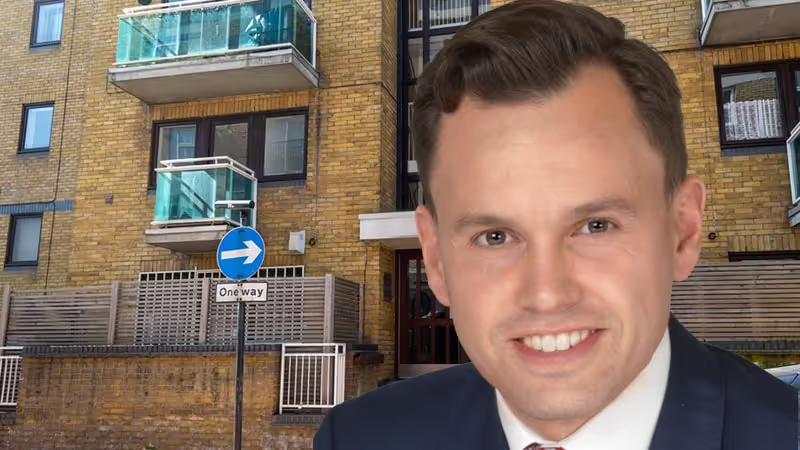The Chancellor’s reported plan to introduce National Insurance on rental income in the upcoming Autumn Budget is likely to hit HMO and shared-living landlords hardest.
These landlords typically generate higher rental income per property than standard buy-to-let investors, meaning they’ll shoulder a particularly large share of the proposed 8% levy.
While this might seem like a clever revenue-raising move from the Treasury’s perspective, it risks triggering serious consequences for the rental market even if it does raise £2 billion for the nation’s coffers and help plug the £40 billion fiscal shortfall facing Chancellor Rachel Reeves.
For many landlords, already squeezed by years of tightening regulation and tax changes, this could be the final straw, prompting them to exit the sector altogether.
The inevitable result would be a shrinking supply of rental properties and further upward pressure on rents at a time when tenants are already grappling with sky-high living costs.
Even those landlords who stay in the market are likely to seek ways to recoup their losses
Even those landlords who stay in the market are likely to seek ways to recoup their losses, and raising rents will be the most direct route.
Tenants always seem to bear the brunt of government efforts to extract more from the rental sector.
In this case, HMO tenants could be particularly vulnerable. These properties already face mounting barriers, including growing resistance from local authorities influenced by negative media narratives around shared housing.
It would be a real blow to see this vital part of the market unnecessarily eroded.
Vann Vogstad is the founder and CEO of shared living management platform COHO.















.avif)
.avif)





















Comments